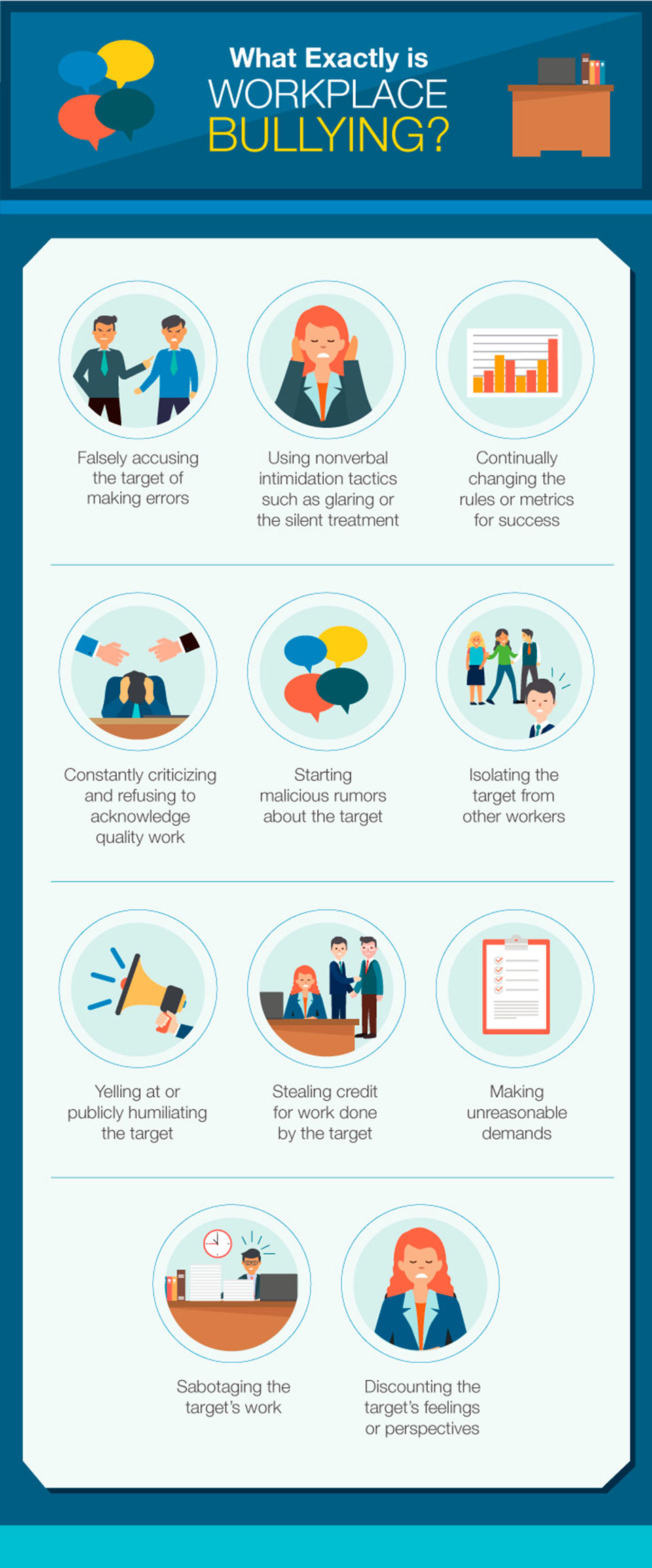Quiet Quitting: A Response to Quiet Firing
1:47 PMI'm stepping out of the normal subject matter for this blog with this post, but I feel its relevant as many people my age (I am 40 now) have gone through some manner of career change or career identity crisis in their life. After all, my career change, and going back to school to facilitate that, are a product of workplace tactics that can be summed up in the moniker "quiet firing."
Why bring this up? Well, "quiet quitting" is being tossed around a bit these days. It's a term that is supposed to describe an employee doing the work expected of them, no more, no less. You would think this should be considered normal enough that it doesn't cause a ruckus. After all, in capitalism, we (the worker) sell our labor to the employer, and in turn for that labor, we get paid for it. It's the same as going to the store and buying a product. Our product is our labor. You shouldn't steal the product at the store, right? Then you shouldn't steal the labor. And yet workers have been asked to go "above and beyond" for decades. This is a fancy way of saying do more labor for free with the promise of pay later. You work hard, do more, give 110% or more, and maybe later the employee will give you a raise. To do less than that, you are seen as "not a team player" and slacking, and then there are grounds to fire you.
Quiet quitting just means that employees aren't buying into the lie anymore. But while there's so much buzz about quiet quitting, we aren't looking at the other half of the equation. The employer and "quiet firing". These tactics are what we (designers in the Halloween costume industry) used to call "to force quit someone."
What does that mean?
It means an employer, manager, a team member, etc., puts into place tactics to try to get an employee to quit, or to give up to the point that the employer can come up with a legitimate reason to fire that person.
This includes overt toxic strategies such as sabotage (taking away resources that help the employee get things done), ostracism (creating an environment where employee is excluded), reducing the significance of the employee's contributions (making it seem like their contributions "weren't that great" or even taking credit for the employee's contributions somehow), excessive negativity (refusing to give the employee positive feedback and only give them negative feedback), moving the goalposts (changing the requirements of success, usually at random), making unreasonable demands (goals that the employee has no hope of meeting), microaggressions, and even going so far as to be verbally, psychologically, emotionally, and sometimes (it does happen) physically abusive. There are more, I am sure.
 |
| From quill.com |
It can also mean more common, "acceptable" tactics, which I call "dangling the carrot." Promising a raise if the person goes "above and beyond" and yet, when it comes time for review, the person either somehow falls below the requirements OR suddenly the budget can't allow for a raise.
These tactics slowly wear away at a person until they are a shell of their former self. Then the employer starts putting together disciplinary paperwork trails. They will call the employee in for a meeting to ask them to correct their behavior. The employee may try, but their heart isn't into it. They're already been used for all they can give.
So either they quit, or they are fired. The employer starts again with someone new and naïve.
What is the difference between then and now?
Employees don't believe the lie that the employer has power over them anymore. They know there are things in this life that are worth more than money. Physical and mental health, hobbies, children, travel, etc. Workers today are learning that a part of self respect is being aware of what is toxic, and not standing for it. The power of their career paths are in their hands, and arguments about quiet quitting are feeble attempts at getting that power back.
If employers want employees to stay and give more than 100%, then employers need to start listening to and respecting employees. Because at the end of the day, corporations, workplaces, managers, etc., they come and go. In the eyes on an employee, their health, their life, their family, etc. are more important and permanent. They aren't going to sacrifice themselves for people who wouldn't do the same for them. I am so glad that today, young workers are collectively deciding to not put up with employer tactics to separate, demean, and destroy them. I would have loved to have seen this on the part of my fellow designers when I was in the Halloween costume industry. Unfortunately, the culture then was one of fear and manipulation, not camaraderie, trust, and solidarity.
I am sure many of us who are around middle-age who are changing careers are looking about, wondering what is going on. These are the changes that we have hoped for, the ones we wished we could have enjoyed. Maybe we wouldn't be in the middle of changing careers now if we had been able to experience these changes. True, there is something to be said about not being able to experience something. But we have worked hard to try to erase toxic workplaces and their tactics.
I, for one, am happy to see that less people are going to be suffering as a result of these tactics, even as I march towards graduation and a new career.













0 comments